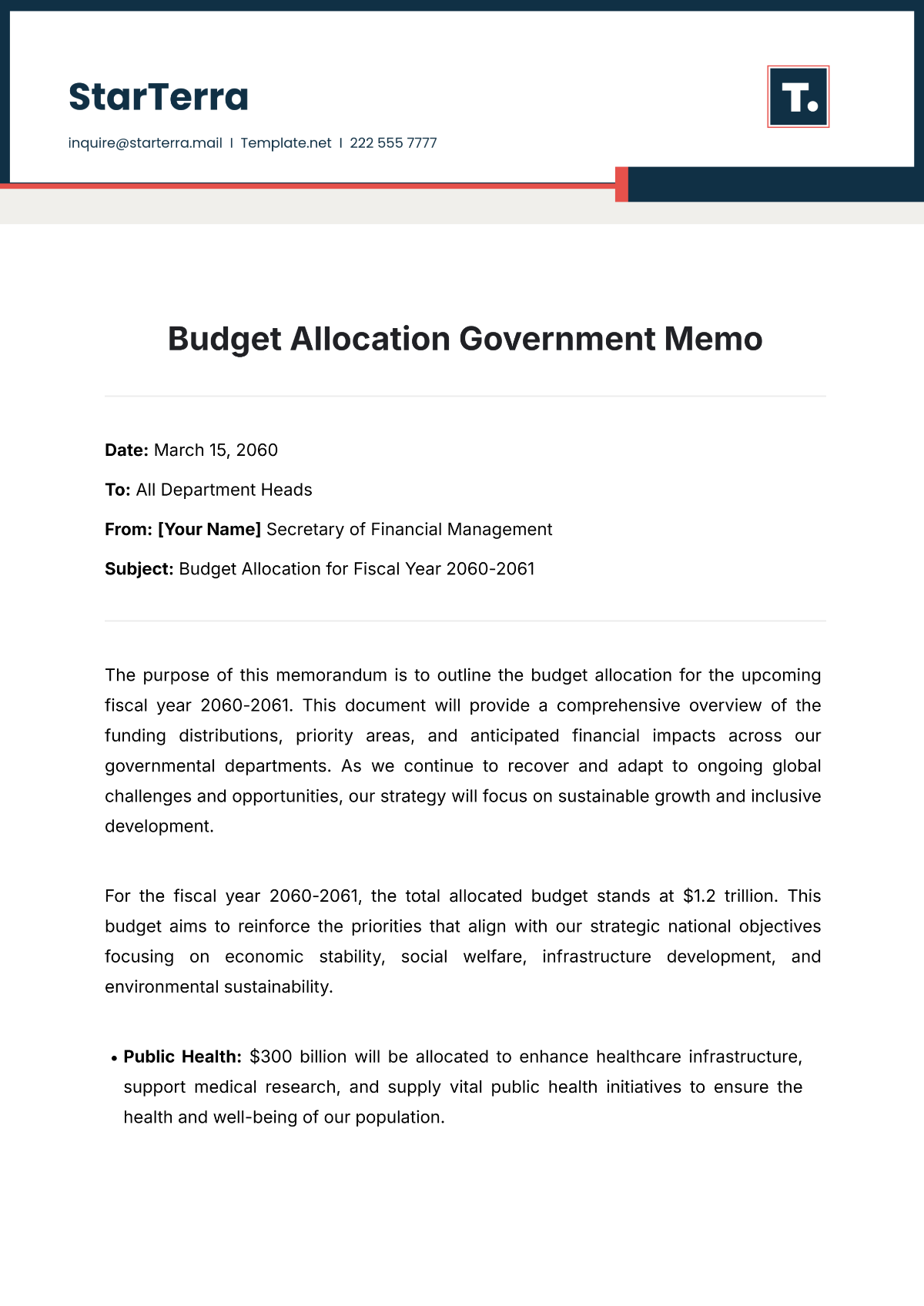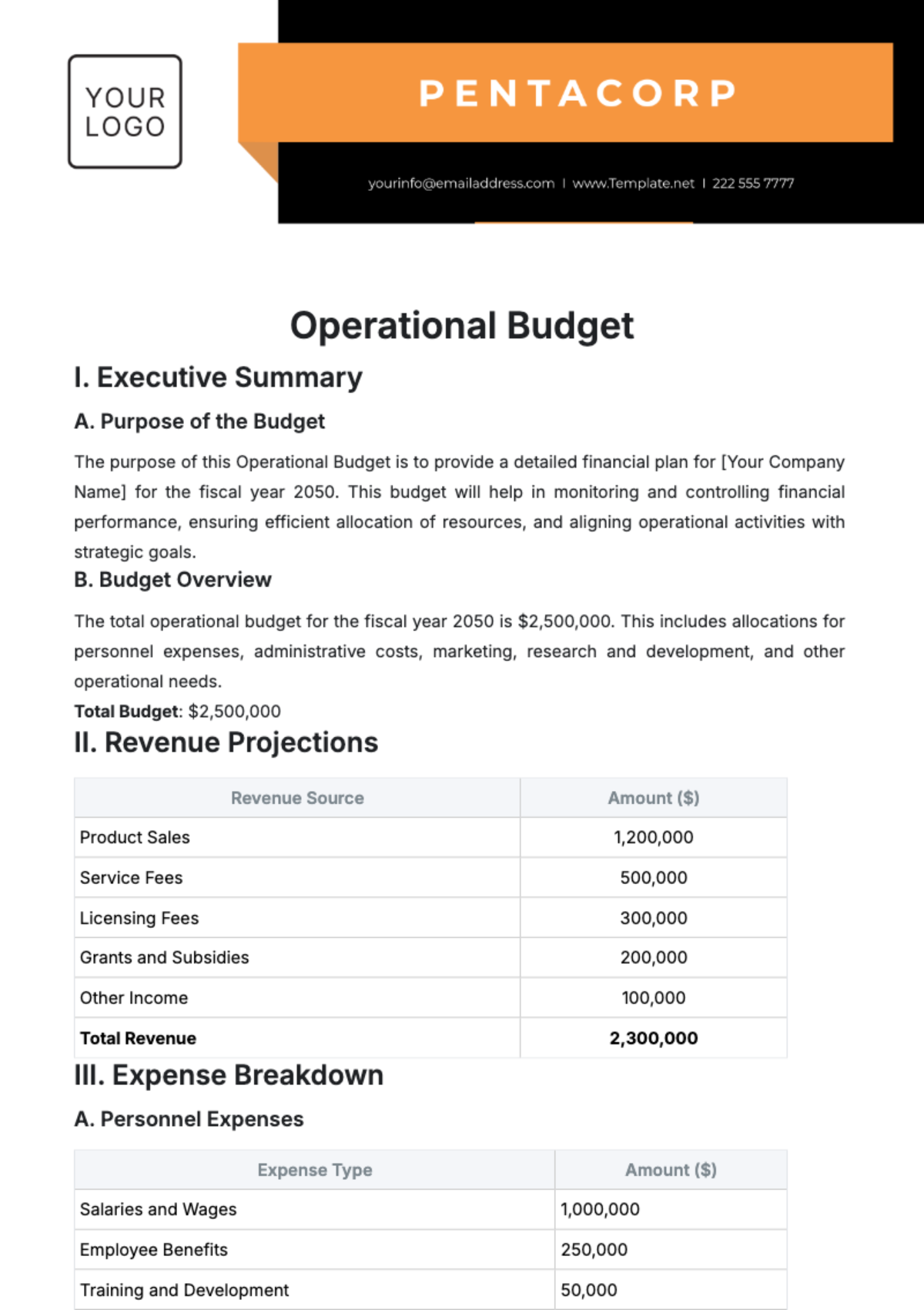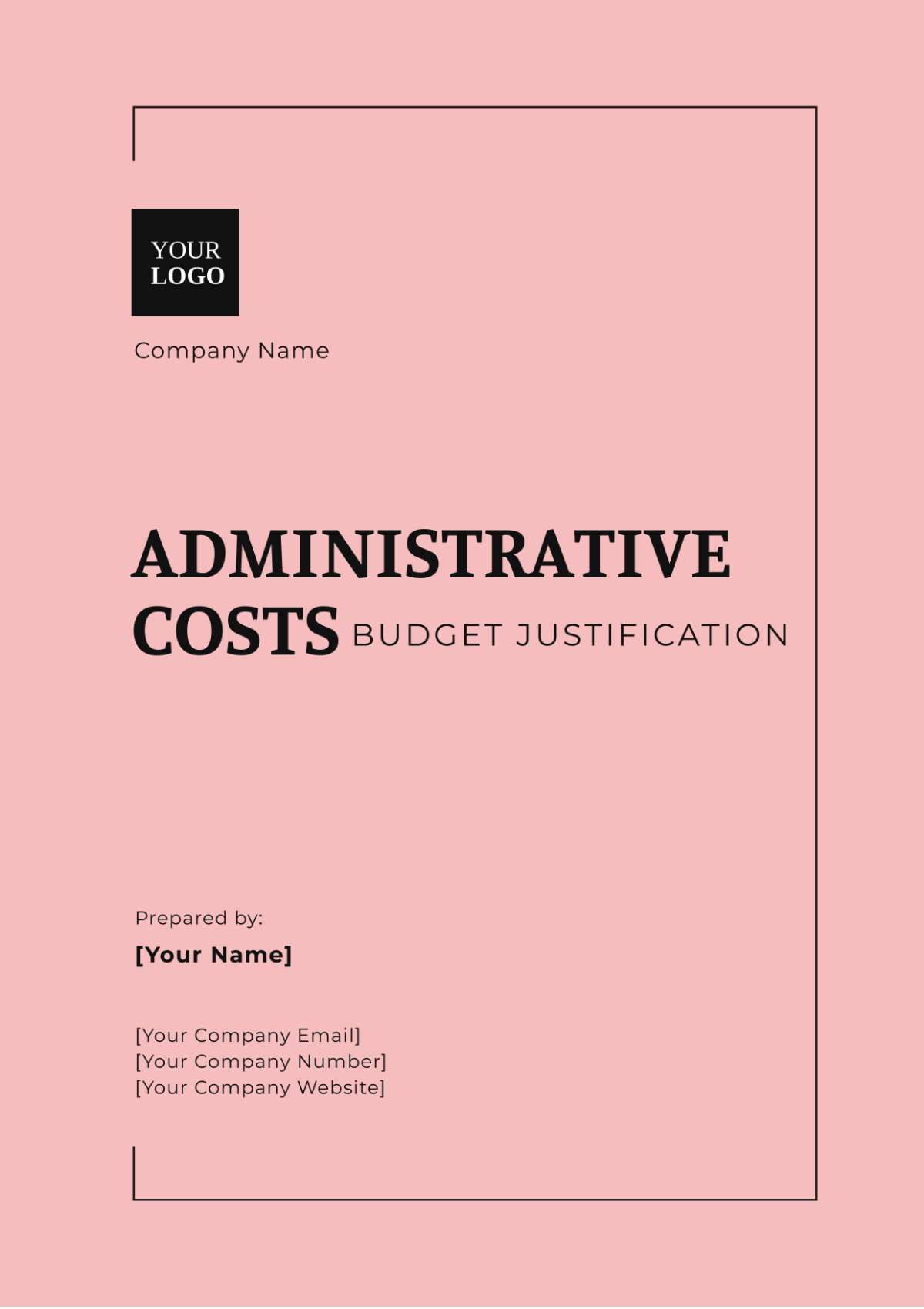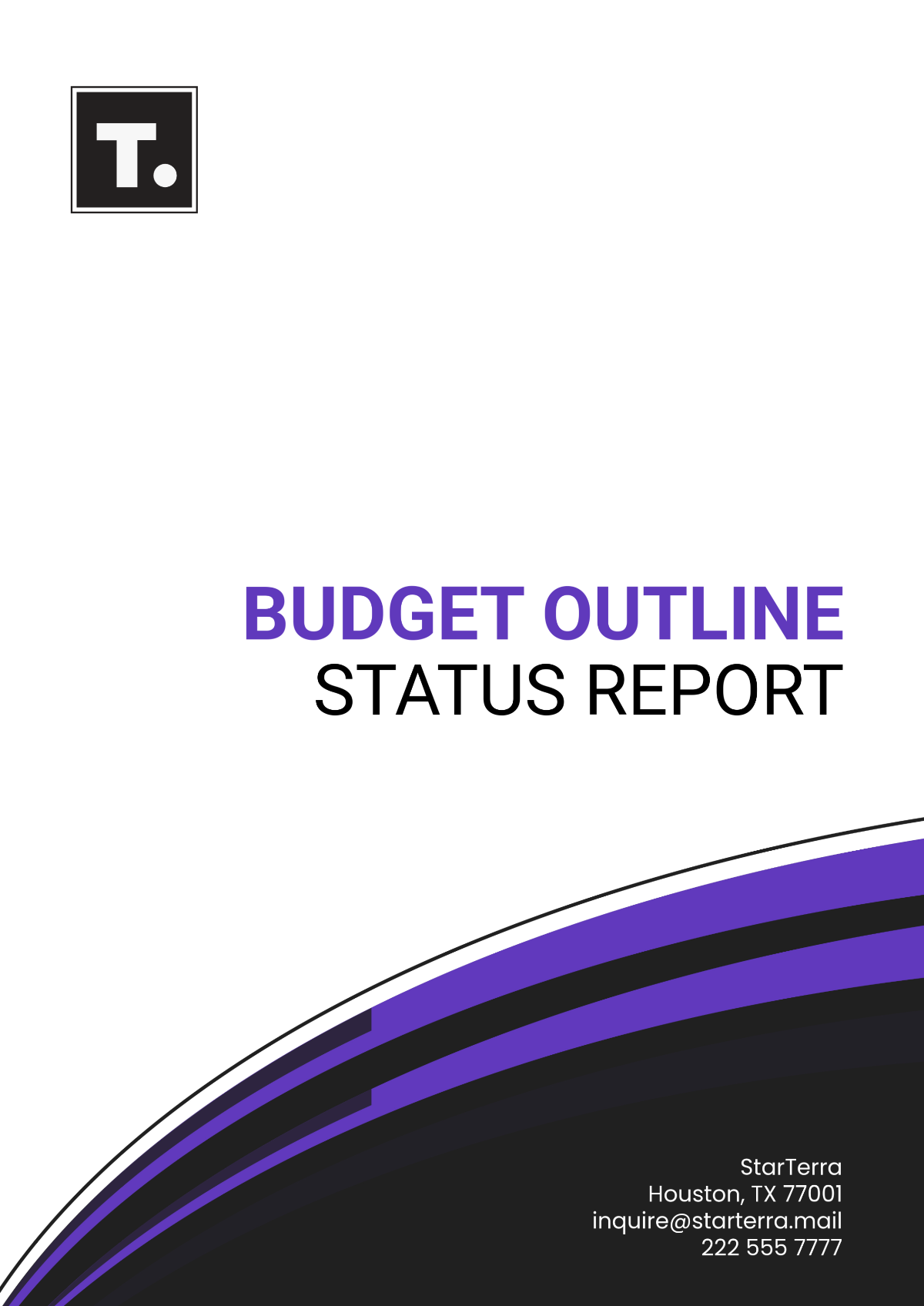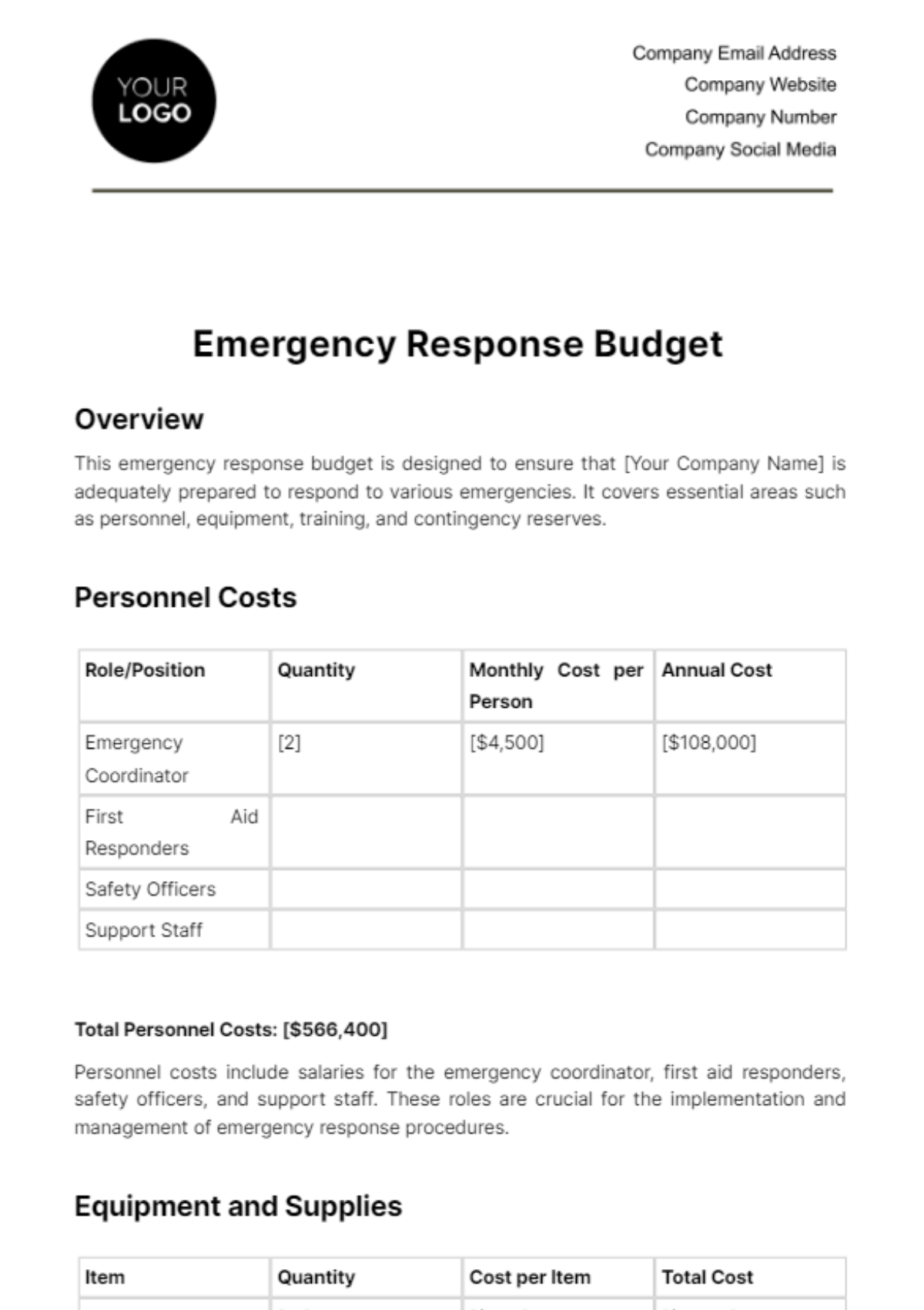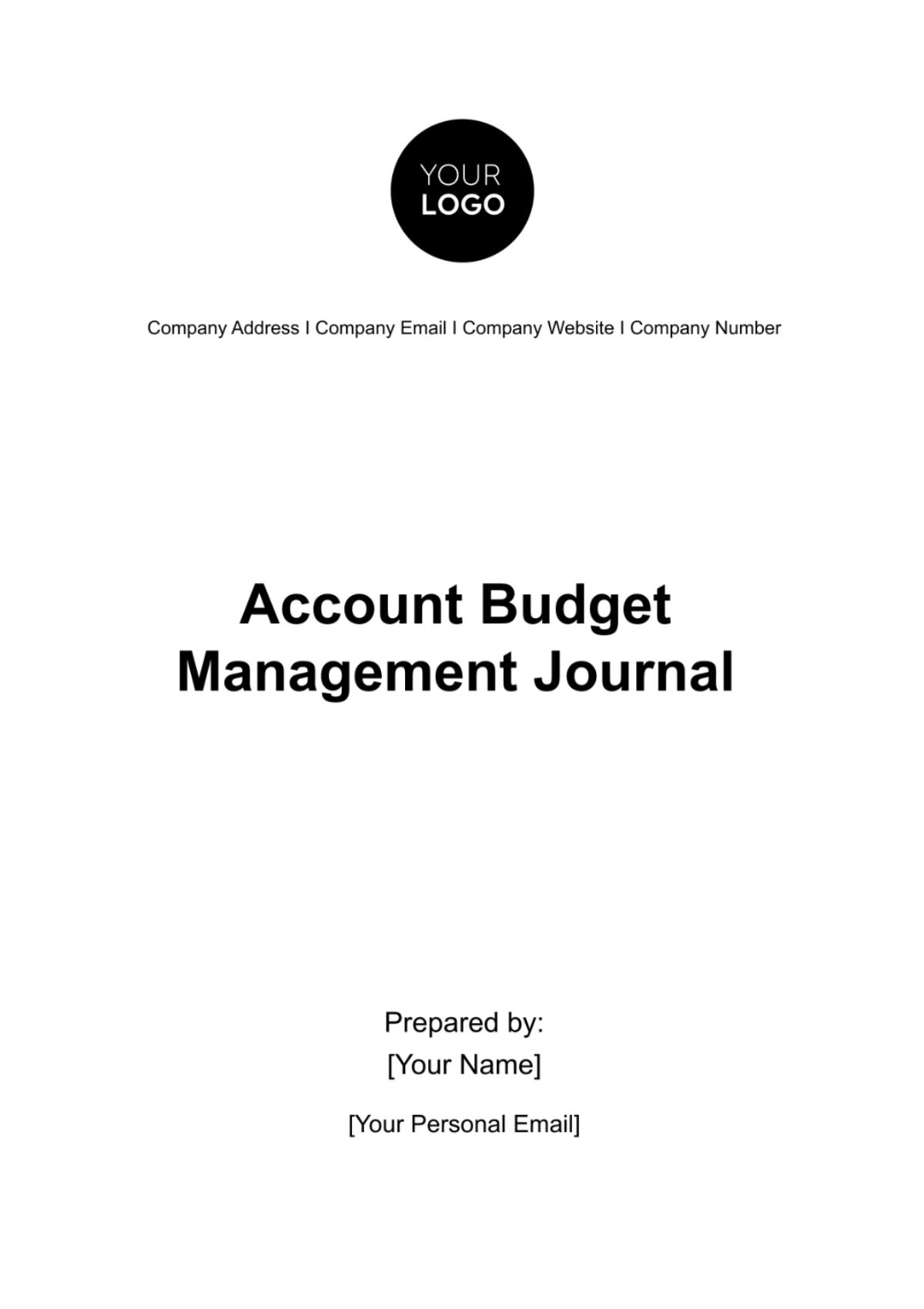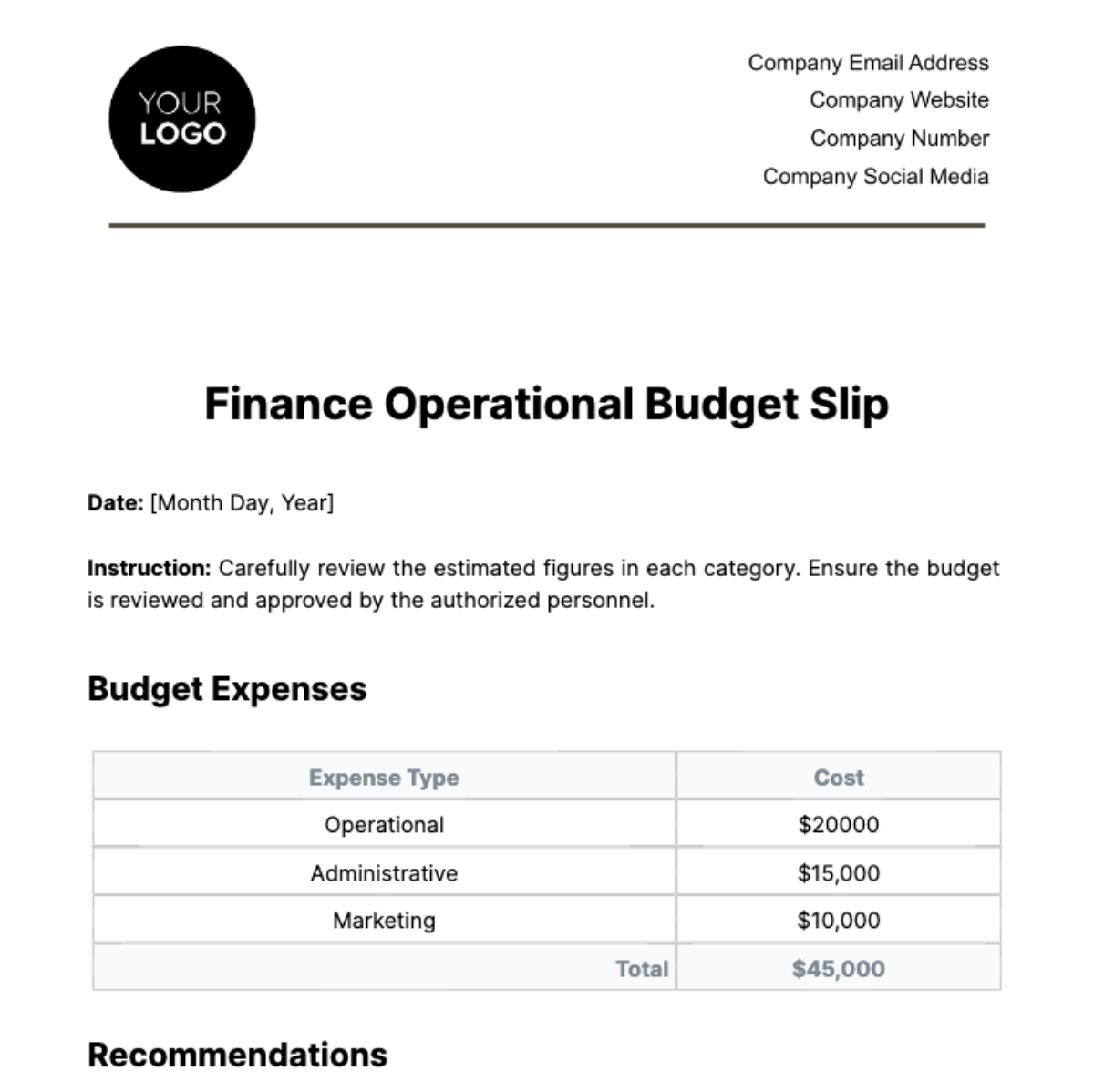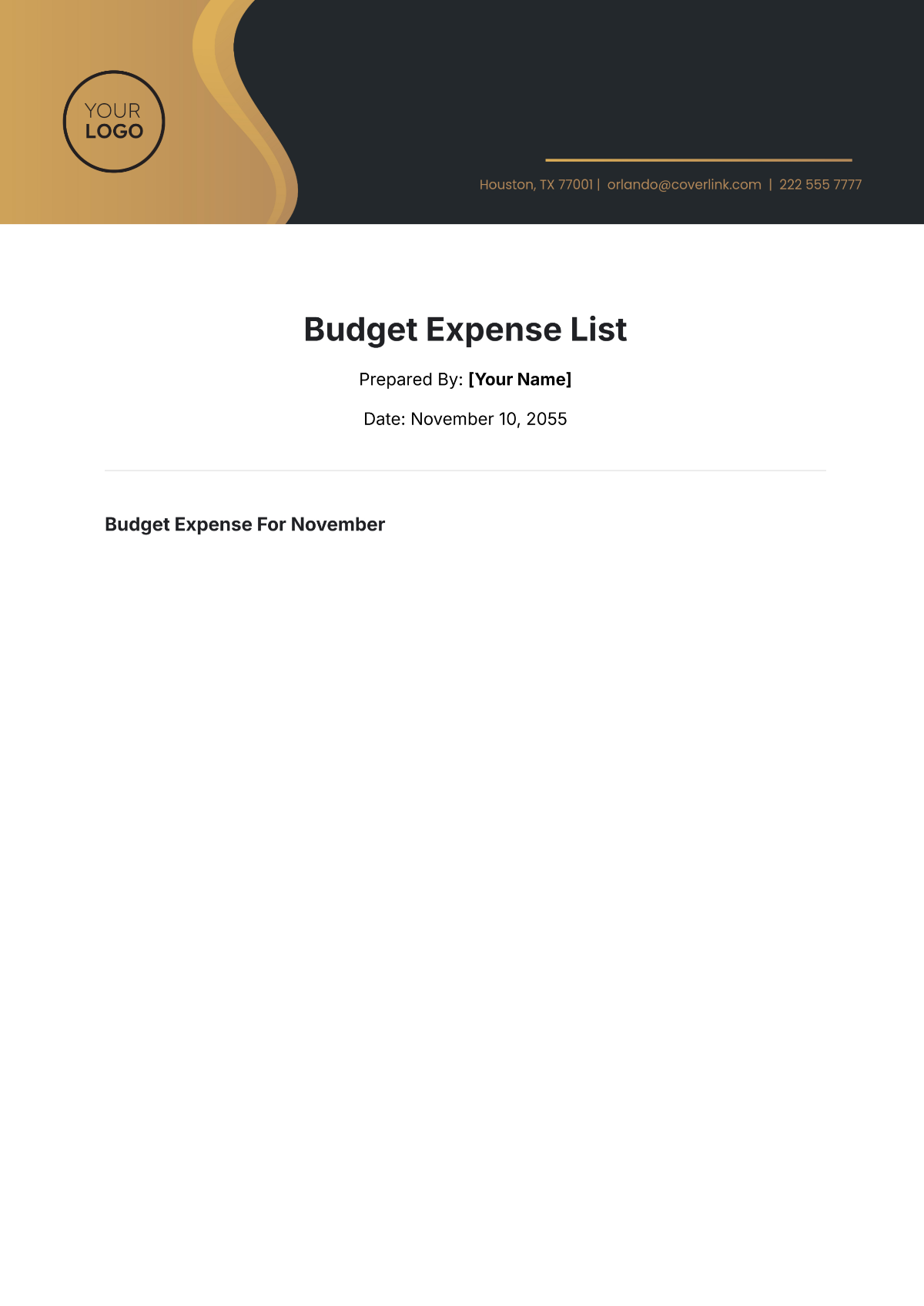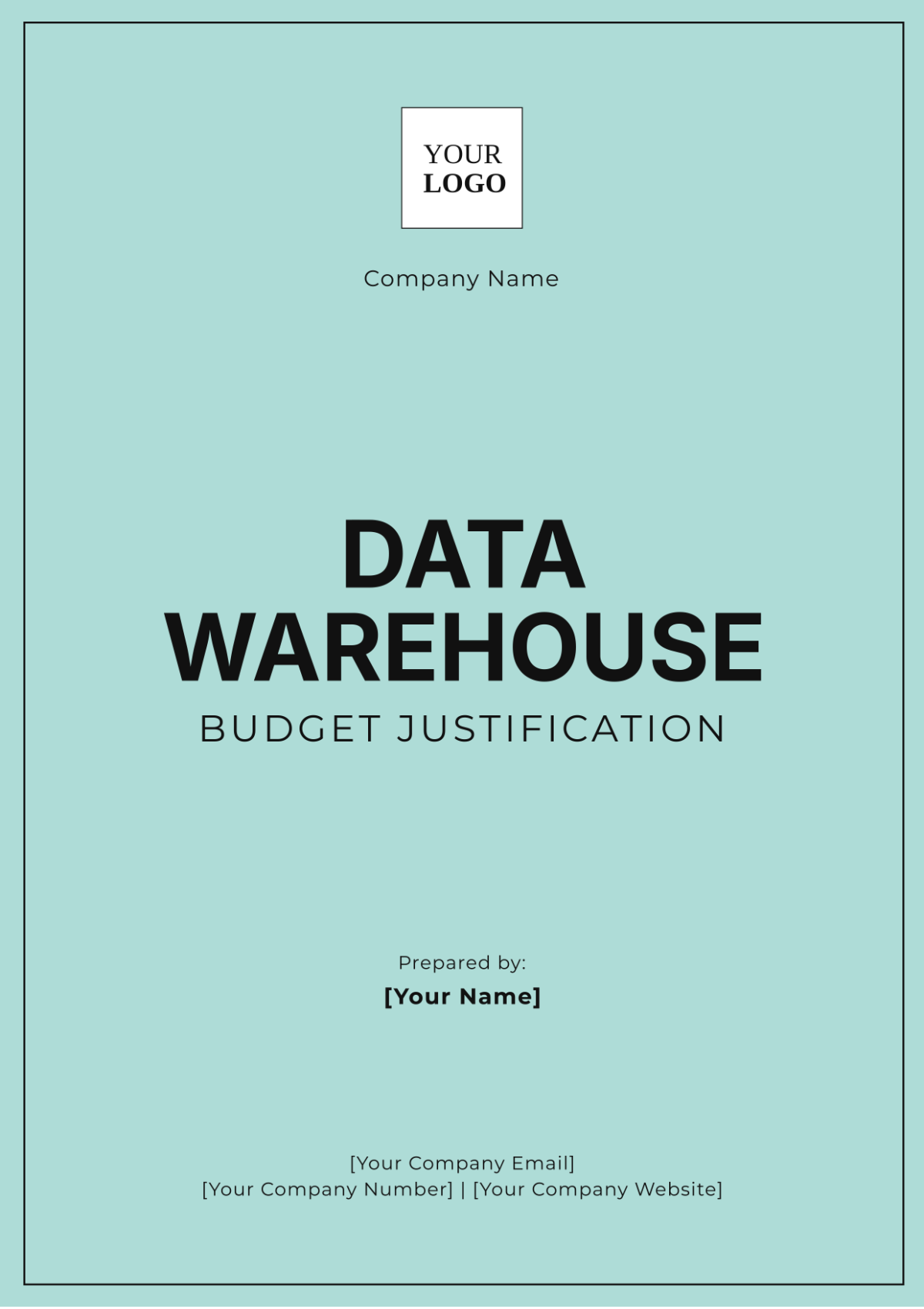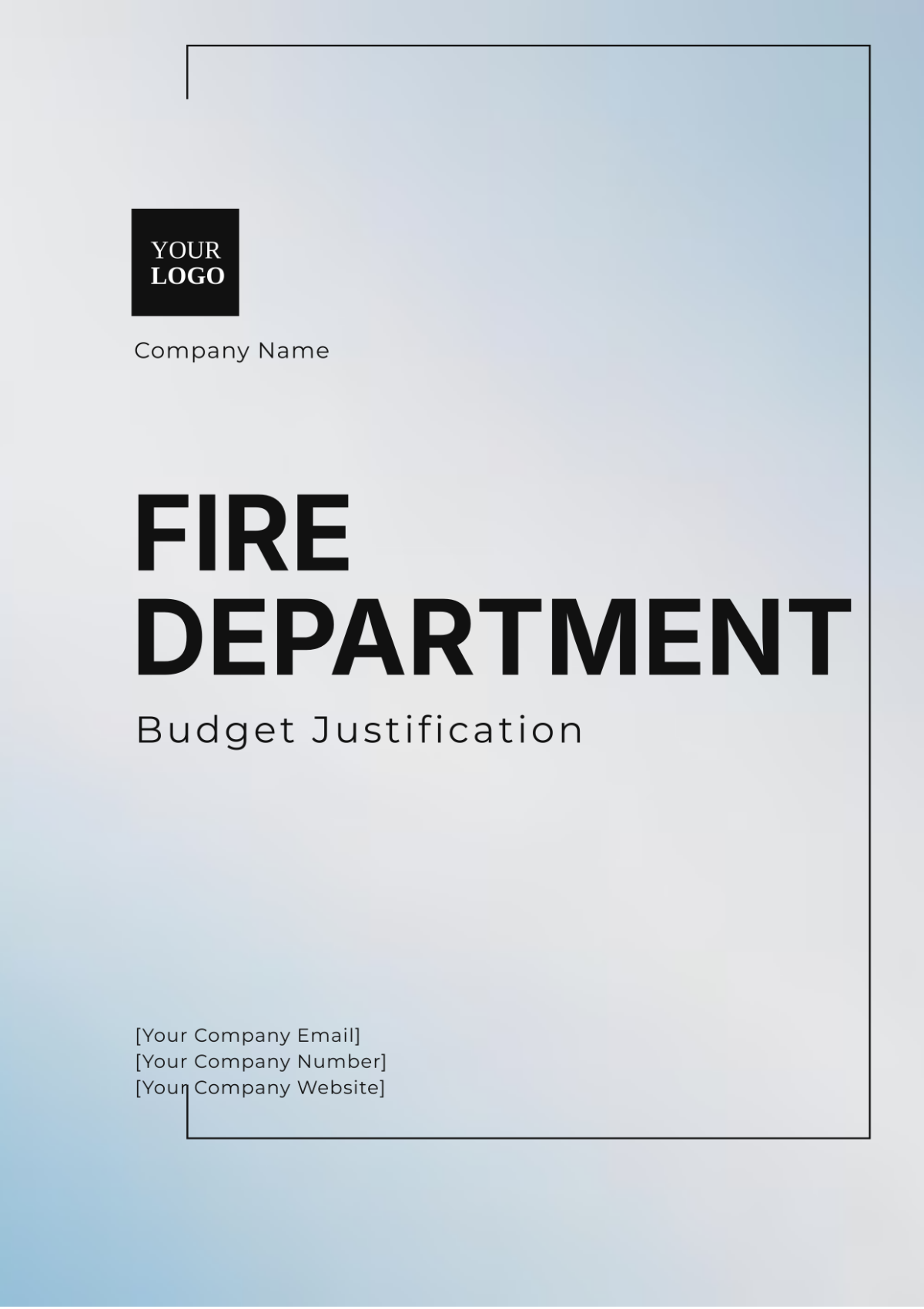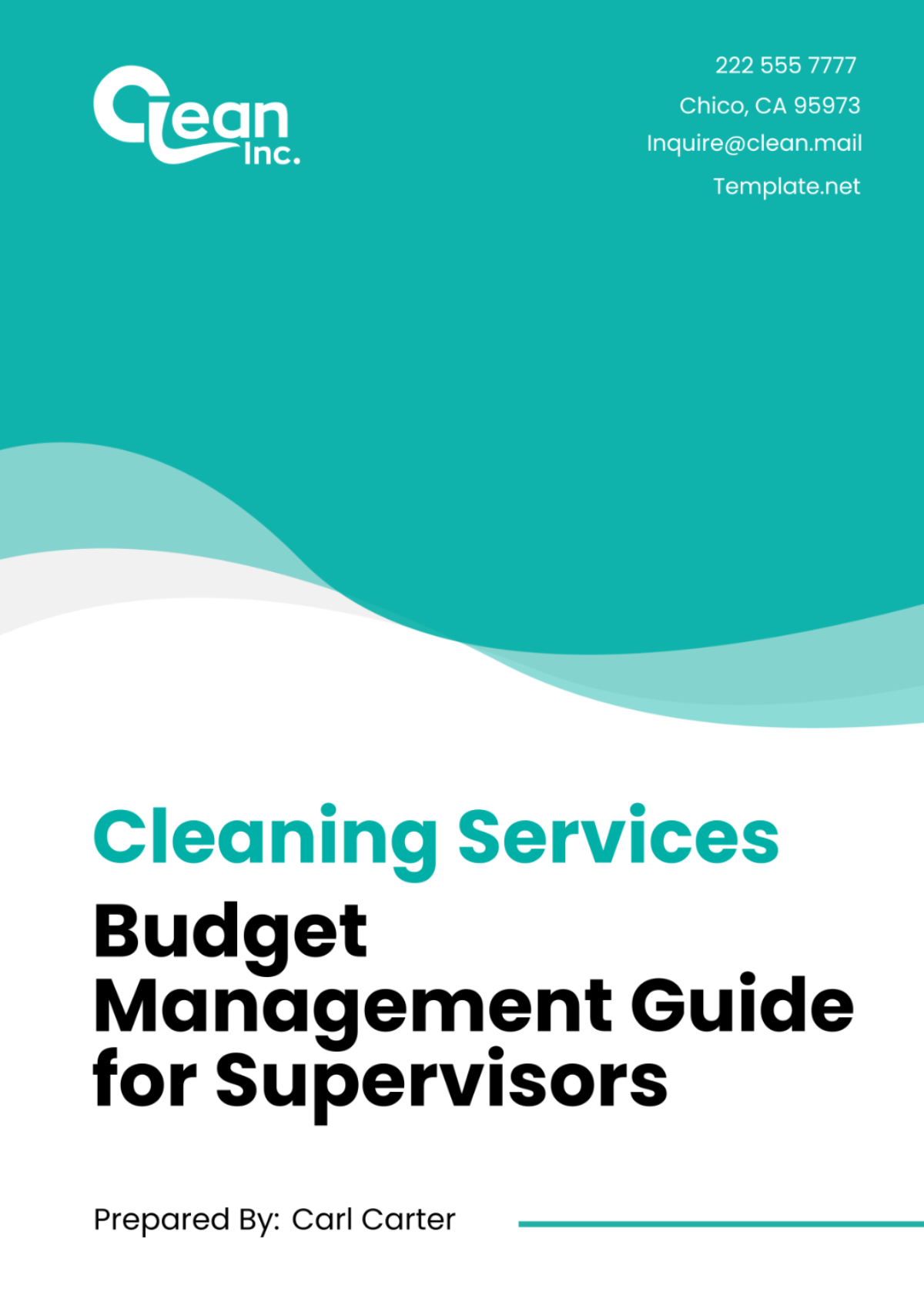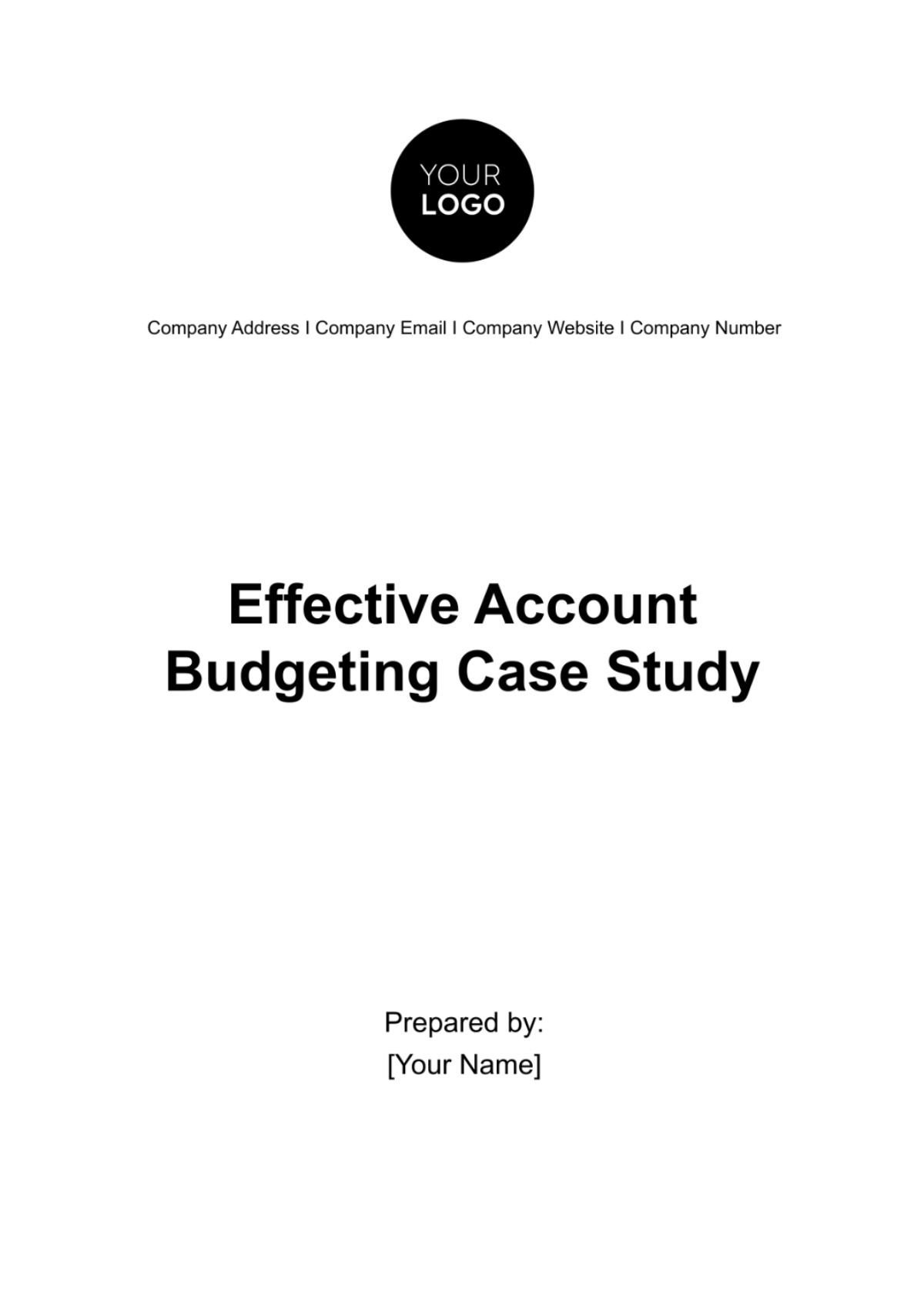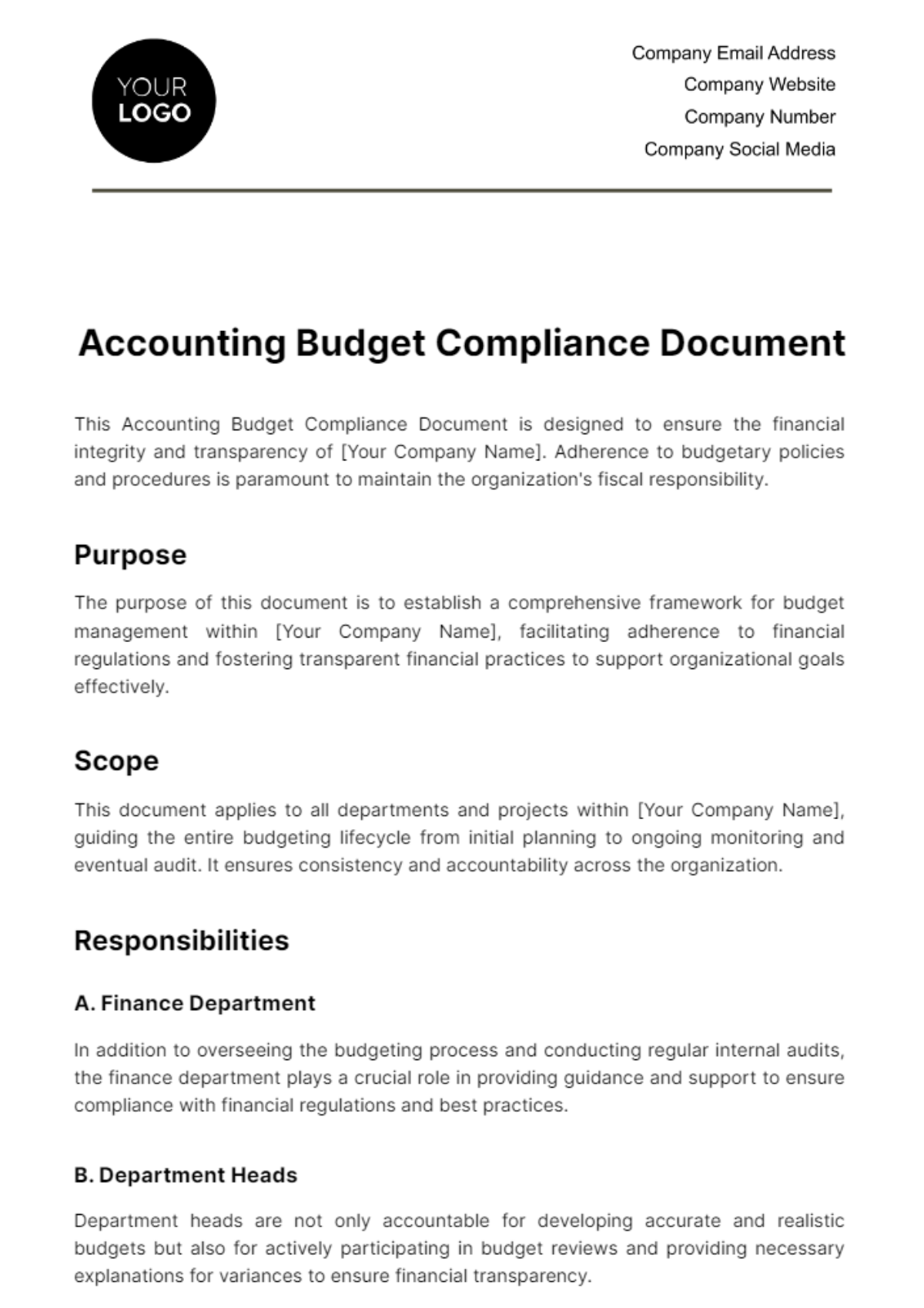Data Warehouse Budget Justification
1. Executive Summary
The purpose of this document is to present a comprehensive budget justification for the proposed data warehouse project at [Your Company Name]. This project is crucial for enhancing our data management capabilities, improving decision-making processes, and driving business growth. This justification outlines the financial requirements, provides a detailed explanation of costs, and highlights the benefits and feasibility of the investment.
2. Project Overview
The data warehouse project aims to create a centralized repository that consolidates data from multiple sources, providing clean, structured, and easily accessible information. This will support analytics, reporting, and business intelligence activities, ultimately leading to better strategic decisions.
3. Budget Breakdown
3.1 Hardware Costs
Item | Cost (USD) |
|---|---|
Servers | $150,000 |
Storage Systems | $80,000 |
Networking Equipment | $30,000 |
Total Hardware Costs | $260,000 |
3.2 Software Costs
Item | Cost (USD) |
|---|---|
Database Management System (DBMS) | $100,000 |
ETL Tools | $50,000 |
Business Intelligence Tools | $60,000 |
Data Integration Software | $40,000 |
Total Software Costs | $250,000 |
3.3 Personnel Costs (Annual)
Position | Cost (USD) |
|---|---|
Project Manager | $120,000 |
Data Engineers (3) | $300,000 |
Data Analysts (2) | $180,000 |
Total Personnel Costs | $600,000 |
3.4 Operational Costs (Annual)
Item | Cost (USD) |
|---|---|
Maintenance and Support | $50,000 |
Training | $20,000 |
Cloud Services (if applicable) | $30,000 |
Total Operational Costs | $100,000 |
3.5 Contingency
Item | Cost (USD) |
|---|---|
Contingency Fund (10% of total budget) | $121,000 |
4. Total Project Cost
Category | Cost |
|---|---|
Hardware | $260,000 |
Software | $250,000 |
Personnel (Annual) | $600,000 |
Operational (Annual) | $100,000 |
Contingency Fund | $121,000 |
Total Cost | $1,331,000 |
5. Financial Justification
5.1 Cost-Benefit Analysis
Investing in a data warehouse will lead to significant long-term cost savings and benefits, including:
Reduced data redundancy and inconsistency
Enhanced decision-making through real-time data access
Improvement in operational efficiency
Scalability to support future data growth and business needs
5.2 Return on Investment (ROI)
The expected ROI is projected to be high due to increased business opportunities, better resource allocation, and enhanced customer satisfaction. Detailed financial models predict a payback period of 2-3 years based on current growth metrics.
6. Risk Management
6.1 Identified Risks
Project Delays: Potential delays due to unforeseen issues or scope changes.
Cost Overruns: Risk of exceeding the allocated budget.
Data Migration Issues: Challenges in transferring data from existing systems to the new data warehouse.
Technical Challenges: Possible difficulties with integration, system performance, or software compatibility.
6.2 Mitigation Strategies
Comprehensive Project Planning and Timeline Management: Develop a detailed project plan with clear milestones and deadlines. Regularly review progress to ensure timely completion.
Regular Budget Reviews and Financial Audits: Conduct frequent budget assessments and financial audits to monitor spending and address any discrepancies early.
Engaging Experienced Data Migration Specialists: Utilize skilled professionals for data migration to ensure accuracy and minimize disruptions.
Continuous Testing and Quality Assurance: Implement ongoing testing and quality assurance processes to identify and resolve technical issues promptly.
7. Conclusion
Investing in a data warehouse is a strategic decision that will provide substantial benefits to the organization. The outlined budget is both reasonable and necessary to ensure the project’s success. Approval of this budget will enable our organization to harness the full potential of its data, driving growth and competitive advantage.
